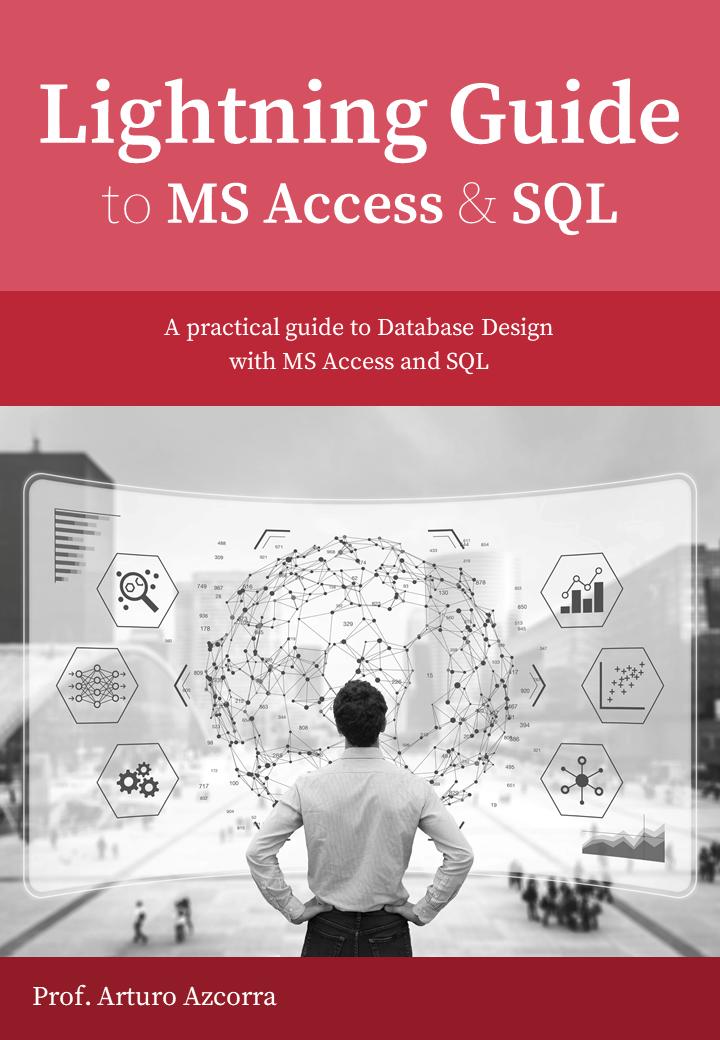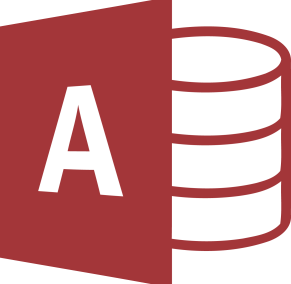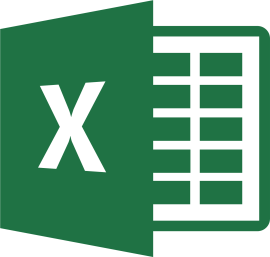What is this book good for?

The Lightning Guide to Databases with Microsoft Access and SQL is a fast and easy way to design your databases with Microsoft Access and using Structured Query Language (SQL). It is:
- Very practical: based on learning-by-doing using clear database examples.
- Very direct: goes straight to the point with a short and clear explanation of each topic. Each topic is later developed in deeper detail, for those interested in learning more about it.
- Intended for all users: from MS-Access beginners to very experienced users. If you have some programming experience you will make the most out of this guide, and experience with spreadsheets is also useful – but neither are necessary.
- Very broad: covers from the most basic questions about MS-Access, relational databases, and SQL (such as "what is a Table?"), to advanced features such as Forms, writing complex SQL Queries, Query testing, and debugging guidance.
How do you use this book?
This Lightning Guide is not designed to be read linearly like a conventional book, and it is not intended to be read in full (although you can do both). Rather, it is written as a long list of Frequently Asked Questions, where each short section addresses a specific topic. You can just read the section or sections that are useful for you at any given moment.
To easily find the solution to your specific doubt or question, this Lightning Guide is structured in short sections, each attempting to be reasonably self-contained and answering a specific question/problem that you may have. Sections include cross references to other sections, allowing you to follow up on the explanation of topics in other related sections in case you want to dig-in. There is also some redundancy between sections for the sake of self-containment, to facilitate finding the desired answer as fast as possible.
I therefore recommend using this Guide by searching for the specific question/problem that you have and going directly to the corresponding section.
What version of Microsoft Access is this book for?
Microsoft Access (MS-Access) is a computer program for building, maintaining and using relational databases. The explanation of the user interface and the exercises in this guide are for the 2021 English version of MS-Access 365, which is very similar to MS-Access 2019 and to MS-Access 2016.
Who is the author, Prof. Arturo Azcorra?
I am an Engineer and Information Technology professional with 30 years of educational and research experience with multiple contributions to the field.
I have wide experience in MS-Access (both as a user and as a database designer), in designing databases and in developing queries with SQL.
I am also a university professor (PhD in formal languages) truly passionate about databases (in spite of my main area of expertise being computer networks) with a deep knowledge in educational writing, going straight to the point in a clear and concise way to effectively transmit ideas and concepts.
You can also see my wikipedia page.
What is not in this book?
I really like MS-Access, and I think it is really a great tool. This Lightning Guide explains in a clear, concise, and detailed way almost all MS-Access features and commands, which will allow you to exploit MS-Access in great depth. However, be aware this Guide covers Reports very lightly, and it does not cover macros.
I would also like to clarify that this guide does not cover how to program in VBA. It explains how to use VBA code in MS-Access, and how VBA data types interact with SQL ones, but it does not provide a course on how to program in VBA. If you know some other imperative programming language like C or Java you will find VBA straightforward and will be able to code with it very fast using a few tips from web pages.
Can you suggest other sources of free information?
Official Microsoft Access Support (free):
Free MS-Access courses:
Free MS-Access SQL courses:


